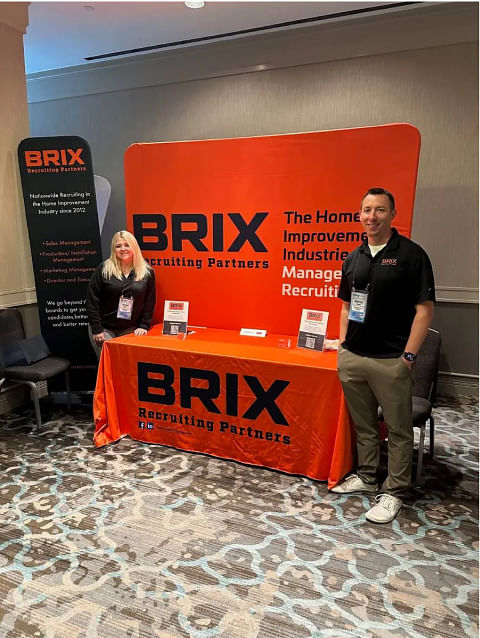By: Adam Vortherms
During the hiring process, there are countless considerations to be made that aren't black and white or apparent on a resume. What's more, many candidates seem similar on paper, and it takes facetime during the interview process before you get a sense of how they'll fare. Oftentimes, choosing Candidate A or Candidate B comes down to two central questions: who has the ideal level of experience, and who makes for the best cultural fit? Ideally, your dream candidate will possess the best of both worlds, but if you find yourself weighing the merits of multiple top performers and turn again to these common questions--arm yourself with the information below. Let's break it down.
Why cultural fit matters.
Consider how many hours per day, week, month, and year the average office employee spends with his or her coworkers. How many e-mails are sent, water cooler conversations had, and meetings held? Finding a candidate who is a natural fit for your company's culture isn't just about chemistry and social dynamics, it also relates to effective communication, the ability to take and utilize feedback, group work, leadership potential, and longevity. While deciding on a candidate's cultural fit can seem like an abstract process compared to measuring experience or hard skills, it can make all the difference in the world--especially in terms of retention and morale.
Why experience level matters.
Few arguments need to be made as to why experience plays a key role in making a good hire. After all, company leadership and team members need to be confident in a new employee's ability to execute his or her responsibilities with the appropriate level of expertise. However, measuring experience is far more relative than a resume might relay. Companies have subjective standards when it comes to employee titles and seniority, and experience at a small enterprise varies greatly from experience in the corporate sector. This is where hiring managers and HR professionals have to put their investigative skills and critical reasoning to work. To truly understand the nature of a candidate's experience, it will take at least a little homework and an informative face-to-face to get an accurate picture.
How do you really weigh cultural fit versus experience level?
If you can't find a candidate that balances cultural fit and experience level, turn to the position in question. Does the role feed into future leadership positions, and if so--how soon? Does the role require frequent collaboration and communication? Will the candidate oversee junior employees? Honing in on the role's day-to-day duties and interactions can give you a sense of what's more valuable for a specific role. For instance, if you need a brilliant coder who largely works solo--experience may trump company fit. If you're grooming a future leader who's going to be working closely with clients and other team members--a candidate who fits the culture may uplift others and last the long haul. Getting a true feel for a position's realistic requirements can tip the scales in a telling way.
Sometimes making the smart hire means translating abstract attributes off paper, or putting your intuition to the test. The next time you're weighing experience levels versus cultural fit, consider how these features play out in the real world, in real time. You may just get a clearer sense of what qualities are most desirable and which candidate can deliver.
Adam Vortherms is a Recruiting Manager at Grapevine - Targeted Sales Recruiting. Visit www.brixrecruiting.com, call (952) 405-6222 or email adam@brixrecruiting.com.


